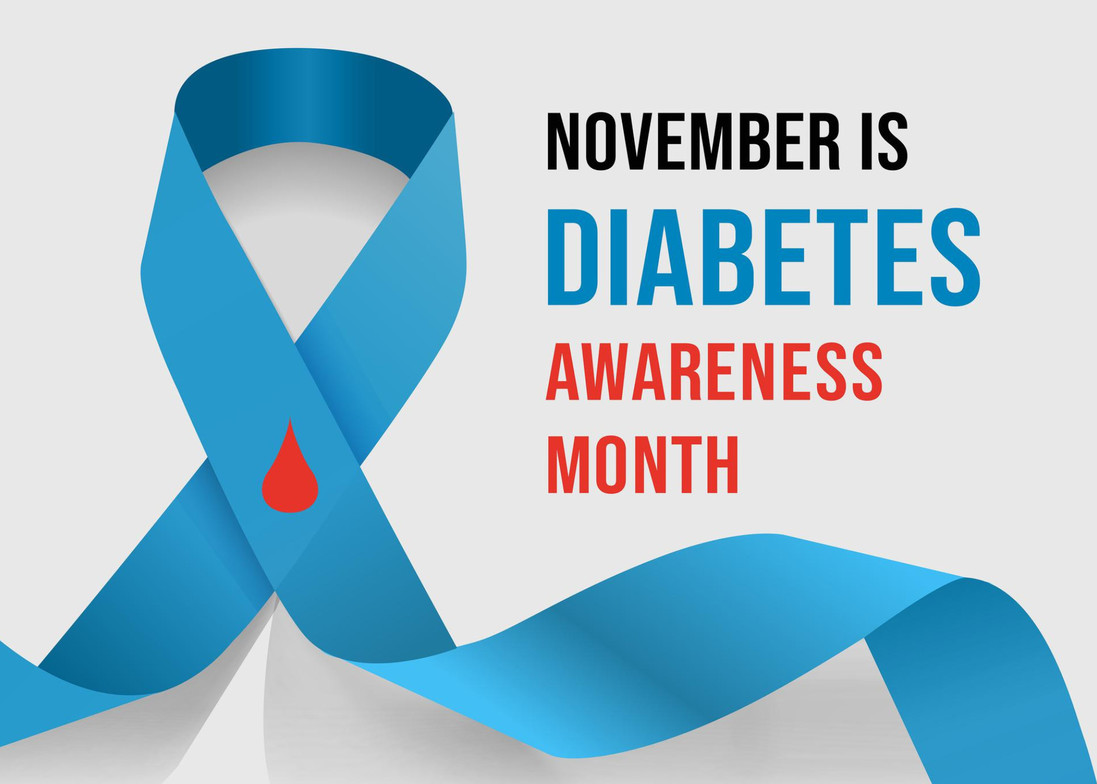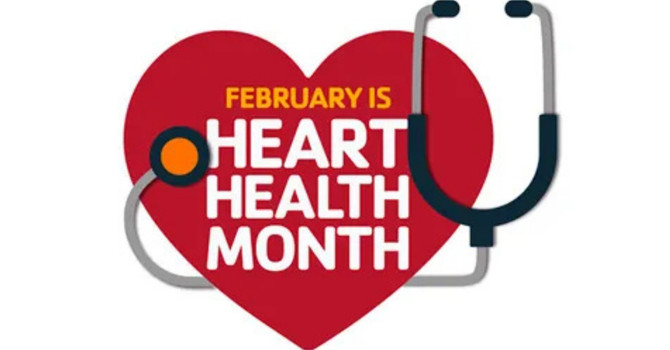
When people hear Diabetes Awareness Month, they often think it only applies to someone who already has diabetes. But the truth is that blood sugar balance impacts everyone. It is one of the biggest foundations of energy, hormones, mood, and long-term health.
Whether you are supporting a family member with diabetes, dealing with hormonal issues like PCOS, or just wanting to feel more stable throughout the day, understanding how insulin works can completely change how you feel.
How Insulin Actually Works
Insulin is your body’s “key.” When you eat carbohydrates, your blood sugar rises. Insulin’s job is to open the door so that glucose can move from your bloodstream into your cells, where it is used for energy.
When this process is working well, blood sugar rises gently after eating and returns to normal within a few hours.
When the body is under stress, when sleep is poor, or when meals are missing fiber, protein, and healthy fats, the cells can start ignoring insulin’s signal. The pancreas has to release more and more insulin to keep blood sugar under control. Over time, this leads to insulin resistance and higher fasting glucose and A1C levels.
Simple Ways to Improve Insulin Sensitivity
The good news is that you can support your body’s insulin response naturally through everyday choices.
Move your body after eating
Your body actually handles blood sugar better when you move in short bursts throughout the day. Walking after meals is a great place to start, even a quick 10-minute walk after eating can lower your blood sugar spike by about 35%.
Sleep and stress matter
Lack of sleep and high cortisol can raise blood sugar levels, even if your diet is good. Prioritize rest, deep breathing, or prayerful moments of stillness throughout your day.
Labs to Check Yearly
You do not need to wait until something is “off” to start looking. Watching trends early can make all the difference.
-
Comprehensive Metabolic Panel (CMP) looks at fasting glucose, liver, and kidney function.
-
Fasting Insulin helps you see how hard your pancreas is working. Ideally it should be below 7.
-
Hemoglobin A1C shows your three month average of blood sugar. Aiming for below 5.
-
Optional add lipids and CRP for a more complete look at inflammation and cardiovascular risk.
Why Balanced Blood Sugar Supports Mood, Energy, and Hormones
When blood sugar swings up and down all day, your body feels it. You may notice fatigue, irritability, brain fog, and anxiety when levels crash.
Stable blood sugar means more consistent energy, better focus, and steadier moods. It also helps regulate thyroid function, stress hormones, and sex hormones. Women often notice fewer PMS symptoms, better sleep, and improved motivation when their blood sugar is balanced.
Supplements That Can Support Healthy Blood Sugar and A1C
Sometimes lifestyle changes need an extra boost. A few of my favorite evidence-based supports include:
-
Berberine supports insulin sensitivity, improves cholesterol, and helps lower fasting glucose.
-
Inositol can be especially helpful for women with PCOS by improving ovarian function and insulin signaling.
-
Soluble fiber such as psyllium, flax, or acacia helps keep blood sugar steady and supports gut health.
Always discuss supplements with your practitioner, especially if you are taking medication or have other health conditions.
You do not have to wait for a diagnosis to take action. Blood sugar balance is something you can start supporting today through real food, daily movement, quality sleep, and yearly lab monitoring.
Your energy, mood, focus, and hormones all depend on it. And your future self will thank you for paying attention early!



